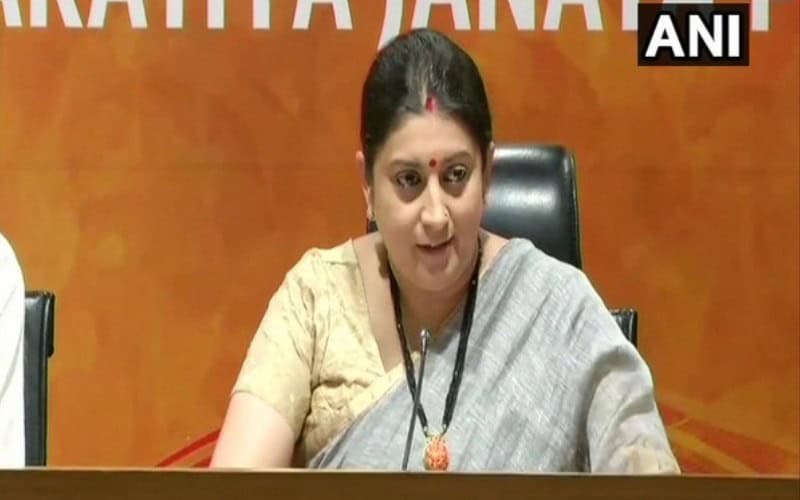Kolkata: With jute millers not furnishing undertakings on payment of statutory dues to workers and prompt payment for raw jute supplies within the stipulated date citing ongoing discussions with the Ministry of Textiles, the Jute Commissioner has extended the deadline to February 20.
The office of the Jute Commissioner has, however, said the “unusual delay” on the part of the jute millers to submit the undertakings has been “taken very seriously”.
The jute industry is predominantly dependent on the government, which annually purchases jute bags worth over Rs 6,500 crore for packing foodgrain and sugar. Some 3.7 lakh workers and several lakh farm families are dependent for their livelihood on the jute sector.
Following the approval of Cabinet Committee on Economic Affairs (CCEA), the Ministry of Textiles had issued an order stipulating that 100 per cent foodgrain and 20 per cent of sugar is required to be compulsorily packed in jute packaging material.
And, to ensure that persons engaged in production of raw jute and jute packaging material derive beenfit from the mandatory packaging, the jute millers were asked to submit the undertaking to the Office of the Jute Commissioner by January 25.
“One month has already elapsed since the intimation to the all jute mills was made. The unusual delay by the mills in submitting an undertaking as per an order conveying the decisions of CCEA has been taken very seriously,” an official told IANS.
The failure or delay or any hesitation on the part of the mills in submitting the undertaking has “the potential to raise question on the business practices” adopted by them and it may raise apprehensions that mills have defaulted on payment on account of raw jute purchase, payment of wages and statutory dues to jute workers,” the official said, citing a letter sent to jute mills except those who submitted the same.
Union Textiles Minister Smriti Irani recently said here that the centre was committed to the welfare of jute farmers and workers.
According to Irani, the centre has made it mandatory that any packaging order that the industry receives from the central government is conditional on payments being made to farmers and workers and ensuring their welfare.
If the mills fail to fulfil their commitments, penal measures including deduction in the quantity ordered in the following months and debarment from government orders in future could be considered, according to a document IANS has accessed.
“We are in discussions with the Ministry of Textiles. Millers did not submit the undertaking on the statutory dues. All our issues have been brought to the notice of the ministry,” Indian Jute Mills Association (IJMA) Chairman Manish Poddar told IANS.
Without divulging the details of the parleys, Poddar said the industry is hoping that “a solution would be brought forward”.
He said the industry has “never supported” any provision of statutory dues with regard to payments to workers.
However, a government official said the undertaking was sought for implementing the CCEA’s decision.
“The process of submitting an undertaking by jute mills is in line with the exercise for implementing the CCEA decision for ensuring payment of statutory dues to jute workers and prompt payment on procurement of raw jute,” the official said, adding that they have been asked to submit this by February 20.
According to sources, mills procure raw jute from traders, suppliers and financiers, who buy it by paying cash to farmers or middlemen. The traders then supply it to different jute mills on different payment arrangements with the interest varying from 18 per cent to 36 per cent per annum.
[source_without_link]IANS[/source_without_link]

